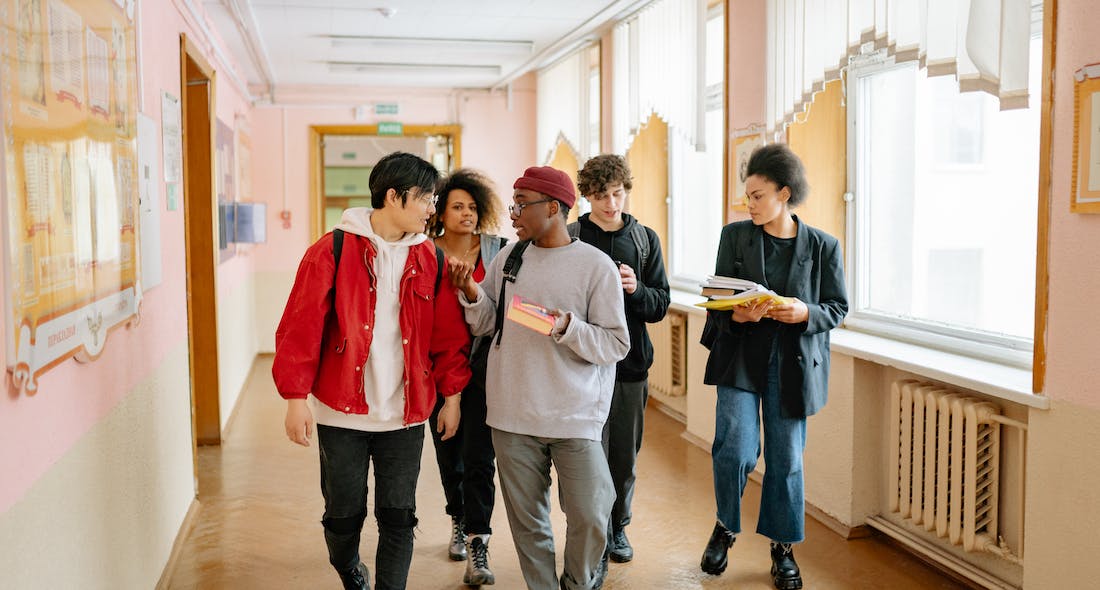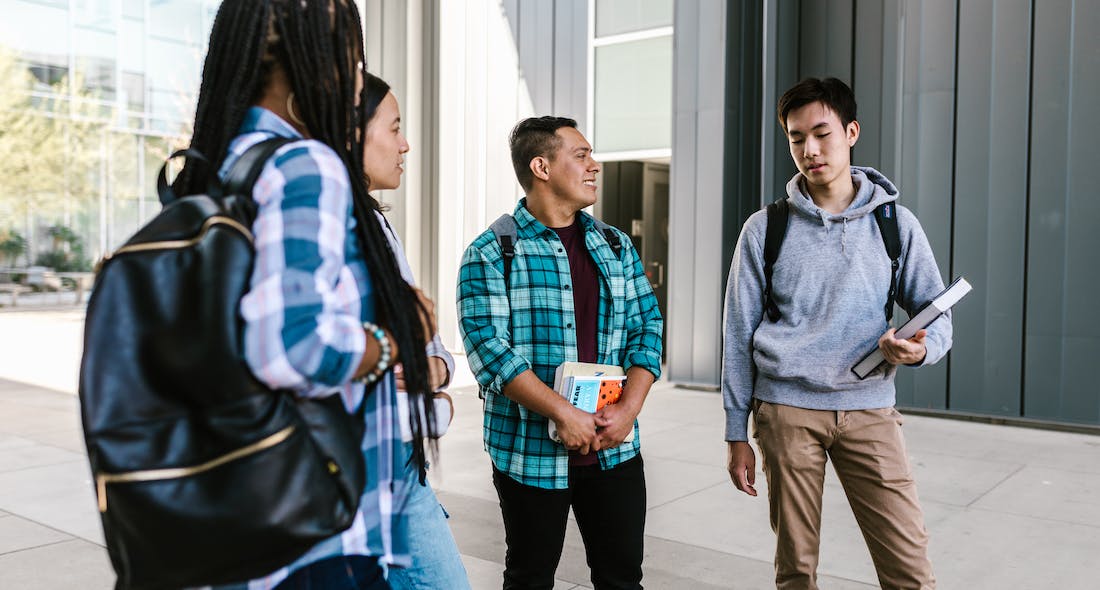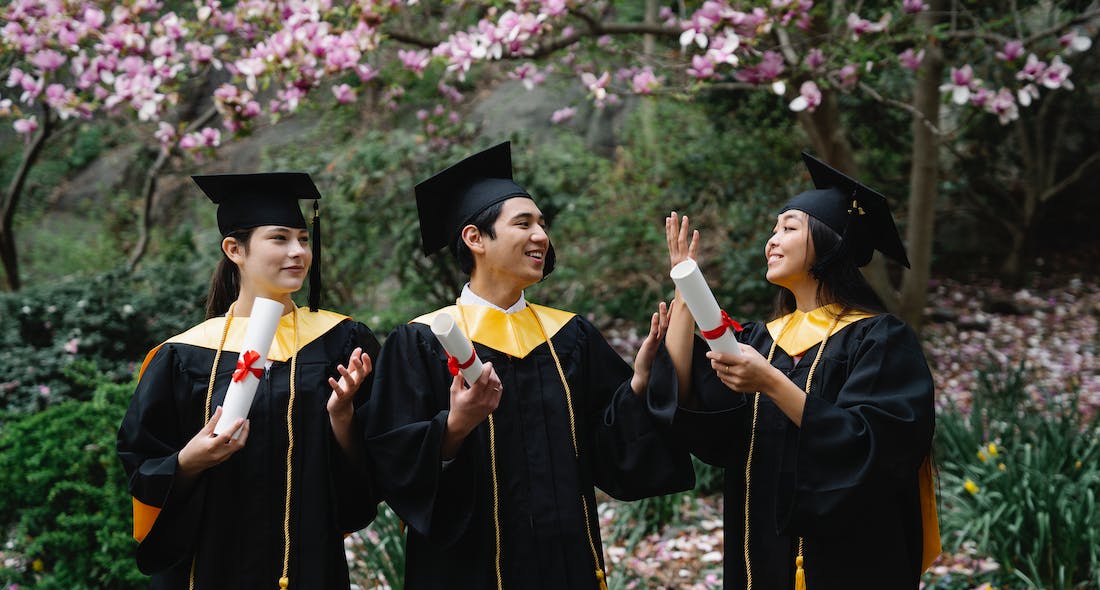Bachelor of Arts in Asian Studies (Major Subjects)
Study Programme Details
About this Study Course
Immerse yourself in the rich tapestry of Asian languages, religions, and cultures with our Bachelor of Arts in Asian Studies program offered by the Institute for Oriental and Asian Studies (IOA). With twelve diverse Asia- or Orient-related profiles to choose from, including Islamic Studies, Japanese Studies, Chinese Studies, and Comparative Religious Studies, students delve into a multifaceted exploration of the region. Our program not only provides fundamental methodological training but also offers a broad spectrum of discipline-specific knowledge, encompassing historical, cultural, sociological, philological, and translational approaches.
Overview
Our program combines intensive language training with interdisciplinary study, preparing students for dynamic careers in a globalized world. Through a required language minor and advanced language practice modules, students gain proficiency in one or more Asian languages, enhancing their ability to engage deeply with the cultures and societies of the region. With a focus on history, cultural studies, economics, social sciences, and international politics, students graduate with a comprehensive understanding of Asia’s complex dynamics and their global implications.
Admission Requirements
- University entrance qualification (e.g., Abitur)
- German language proficiency (DSH level 2, CEFR level C1)
- Minimum 60 ECTS credits for modules in Asian Studies
- Intensive language training in an Asian language
- Interdisciplinary study of Asian cultures, religions, and societies
- Methodological training in historical, cultural, sociological, and translational approaches
For more information, please visit respective university web page link.
Future Career Outcomes
Our graduates are equipped for diverse professional paths, from intercultural communication and international development to journalism and academia. With their language proficiency, region-specific knowledge, and interdisciplinary training, our alumni contribute meaningfully to sectors such as culture, politics, tourism, and academia, bridging cultural divides and fostering global understanding.



